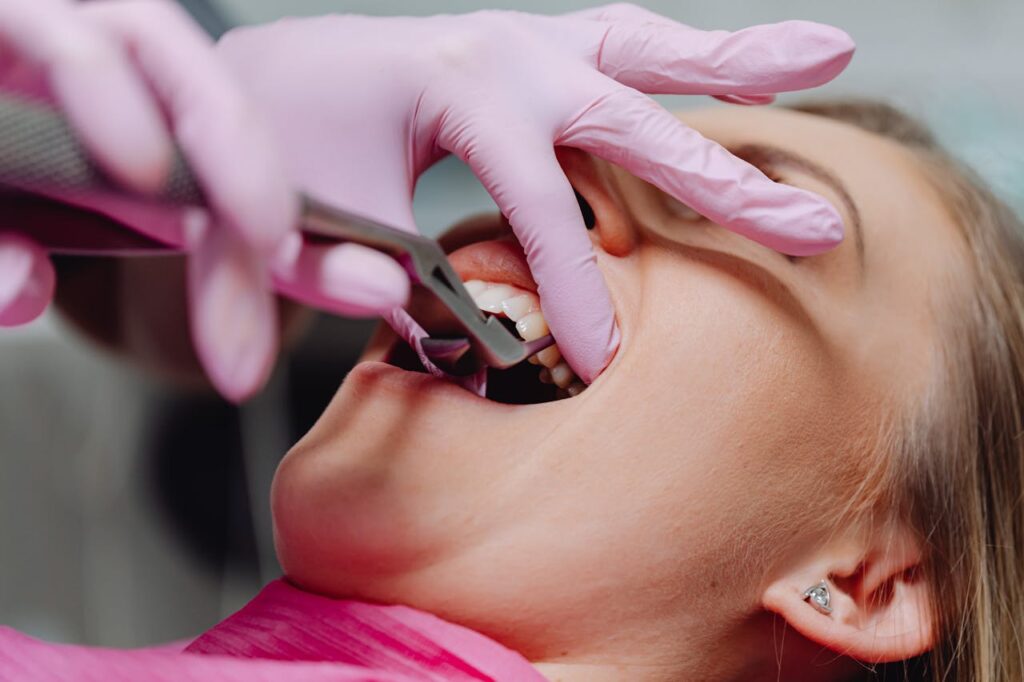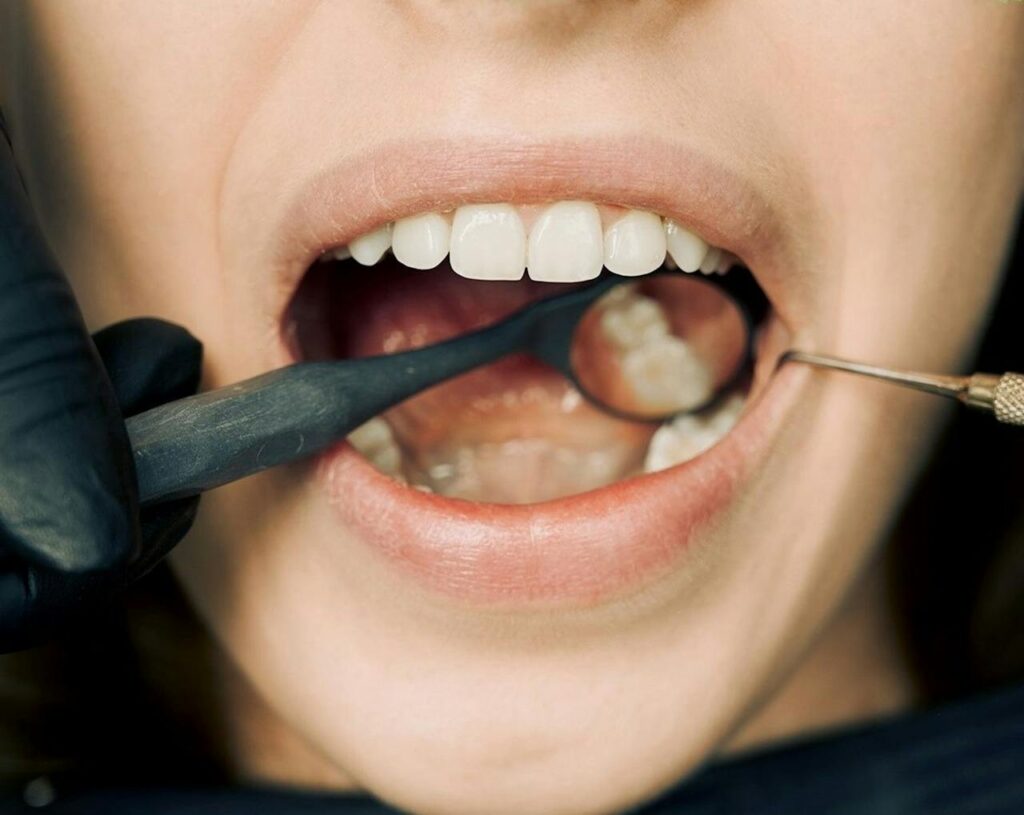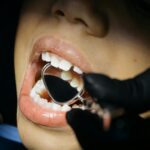
In this article
Tooth decay, also known as dental caries or cavities, is a prevalent diet-related condition that results in the loss of hard minerals from both adult and baby teeth. Initially, it may appear as a white or dark spot on the tooth. However, as more mineral loss occurs, a cavity or hole can develop, potentially reaching the center of the tooth (the pulp), which can cause toothache.
Recent studies reveal that 1 in 3 Australian adults over the age of 15 has untreated tooth decay. Additionally, 1 in 3 children aged 5-6 years have experienced tooth decay in a baby tooth, with this statistic increasing to 1 in 2 for Aboriginal and Torres Strait Islander children.
How Tooth Decay Occurs
Your mouth harbors millions of bacteria that stick to your teeth, forming a soft buildup called dental plaque. These bacteria use the sugars from your diet to produce energy, creating acid as a byproduct. This acid dissolves the tooth enamel, causing mineral loss and weakening the tooth. The more frequently you consume sugary foods and drinks, the more acid is produced, leading to tooth decay indicated by white spots and cavities.
Saliva plays a vital role in preventing tooth decay. It washes away sugars, neutralizes acids, fights bacteria, and can repair early stages of decay by redepositing minerals onto the teeth. However, if the acid production outweighs the protective effects of saliva, tooth decay will occur.
Prevention of Tooth Decay
To prevent tooth decay, follow these guidelines:
- Healthy Diet: Eat a balanced diet and reduce the frequency of sugary foods and drinks.
- Avoid Sugary Snacks: Try not to add sugar to your tea or coffee and avoid sugary snacks between meals.
- Drink Tap Water: Choose fluoridated tap water over soft drinks or juice.
- Oral Hygiene: Brush your teeth twice a day and floss once a day. Brushing alone does not remove all bacteria, sugar, and acid, especially between teeth.
- Fluoride Toothpaste: Use fluoride toothpaste and drink fluoridated water. Consult your dentist for alternatives if you live in an area without fluoridated water.
- Sugar-Free Gum: Chew sugar-free gum after meals to increase saliva flow.
- Stay Hydrated: Drink 6-8 glasses of fluids daily to maintain saliva production.
- Dental Sealants: Consider fissure sealants for deep grooves on teeth, as recommended by your dentist.
- Baby Care: Avoid putting sweet drinks in babies’ bottles or sippy cups. Wipe babies’ teeth with a moist cloth after their night bottle.
Saliva Helps Prevent Tooth Decay

Saliva is a powerful natural defense against tooth decay. It helps wash sugars out of your mouth, neutralizes acids, fights bacteria, and can repair early stages of decay by redepositing minerals onto the teeth. Reduced saliva flow, or dry mouth, increases the risk of tooth decay. Causes of dry mouth include:
- Medications: Certain medicines can reduce saliva production.
- Dehydration: Not drinking enough water and high caffeine intake can decrease saliva production.
- Medical Conditions: Conditions like Sjogren’s syndrome affect saliva glands.
- Medical Treatments: Treatments such as radiotherapy, chemotherapy, or head and neck surgery can reduce saliva flow.
If you experience persistent dry mouth, consult your dentist or doctor to identify the cause.
Treatment of Tooth Decay
Early tooth decay is reversible. Saliva can redeposit minerals onto the tooth surface, and improvements in diet and oral hygiene are crucial. Your dentist can use fluoride or other products to treat early decay. Regular dental check-ups (every 6 to 12 months) are essential to identify decay early and avoid fillings.
If decay progresses, it can form a cavity that requires filling. The dentist will remove the decayed part and fill the tooth. Early detection and treatment are vital to prevent further damage. Advanced decay can cause sensitivity to sweet, cold, or hot food and drinks, indicating the need for dental intervention.
In severe cases, if decay reaches the tooth’s center, root canal treatment may be necessary to save the tooth. Your dentist will provide advice on preventing further decay, emphasizing that filling a cavity does not stop decay from occurring elsewhere in the mouth.
Information
Regular dental visits are crucial for maintaining oral health. Dentists can provide professional cleanings, fluoride treatments, and identify potential issues before they become severe. Educating children on good oral hygiene practices and regular dental check-ups can set the foundation for a lifetime of healthy teeth.
Summary
Maintaining good oral hygiene, a balanced diet, and regular dental visits are key to preventing and managing tooth decay. By understanding the causes and taking preventive measures, you can protect your teeth from decay and ensure a healthy smile
A Quick Review
Tooth decay is a prevalent condition caused by bacteria in the mouth producing acid from sugar, leading to enamel damage. It begins as spots and can develop into cavities. Prevention includes good oral hygiene, reducing sugary foods, using fluoride toothpaste, and regular dental check-ups. Saliva is essential in protecting and repairing teeth. Early decay can be reversed with proper care, but advanced decay may require fillings or root canal treatment.











